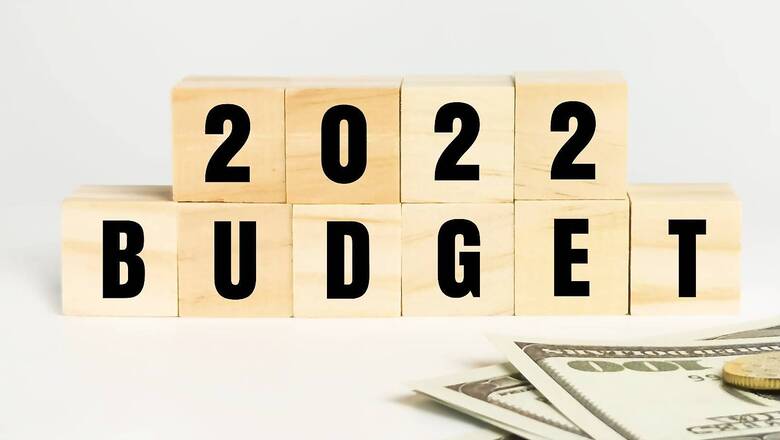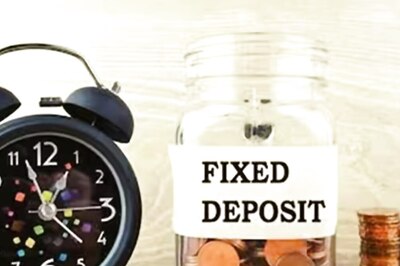
views
The economic impact of the Covid-19 pandemic in India has been largely disruptive. The second wave of the outbreak created major economic setbacks and impacted the overall growth trajectory. Over the last year, the economy has witnessed high levels of inflation across industries, influenced by rising input costs and disruptions in the supply chain.
Restrictions that were put due to Covid-19 pandemic in the past two years have caused global supply chains to completely break down. However, the upcoming quarters project a promising picture for industries across sectors including consumer durables. Being on a threshold to welcome a new year, we are optimistic towards collectively channelising the growth.
The consumer durable industry has been at a unique conundrum where the inflation, sourcing costs on imported materials like electronic chips and metal, and logistics are all at an all-time high. The dip in consumer demand and container shortages are further impacting our operating costs, ultimately leading to a price hike.
Here are a few key things that the consumer durables industry will expect finance minister Nirmala Sitharaman to address as she presents the Union Budget 2022.
Reconsider tax slabs for certain categories to help address price hike issues
The rationalisation of GST would play another crucial point of discussion during the budget. We would further encourage the government to rationalise GST on certain consumer durables such as Air Conditioners (ACs) and Televisions (TVs).
Consumers are preferring products that offer value propositions, and notably, these products are no longer considered ‘luxury’ as they have become common and essential household items. Lowering the GST slab to 18 per cent from the present 28 per cent would help offset the price pressure, boost affordability, thus spur the penetration level of ACs (Split and Window) in the country, say experts.
Avneet Singh Marwah, chief executive officer at SPPL, exclusive brand licensee of Blaupunkt, “As we are going through another wave, this is an indication of how important Atma Nirbhar Bharat is. To boost Indian manufacturing and MSMEs, we need a stable GST tax slab. No product should be above the 18 per cent slab, and they must now encourage consumerism in order to improve market sentiment. By doing this, India could become the world’s third-largest market for television. The market size could grow by 15% each year, reaching 16 million units. We urge the government to not change any customs duties for the time being, as the industry is moving towards stable conditions.”
PLI scheme impetus to local manufacturing
In terms of ‘Make in India’, the government is making efforts towards making India a manufacturing hub with initiatives like the PLI scheme which would give impetus to local manufacturing.
“Today, the government has quite a lot of proactive policies for server manufacturing, like PLI and other initiatives. Our take is that the budget should focus on a few important things for demand generation. We need to see how the local buying of made in India products is encouraged. The government should fund a scheme for tech adoption, and government purchases of high-end IT products should be encouraged/prioritized to help create more demand,” said Sandeep Lodha, co-founder at Netweb Technologies.
Read all the Latest Business News here




















Comments
0 comment